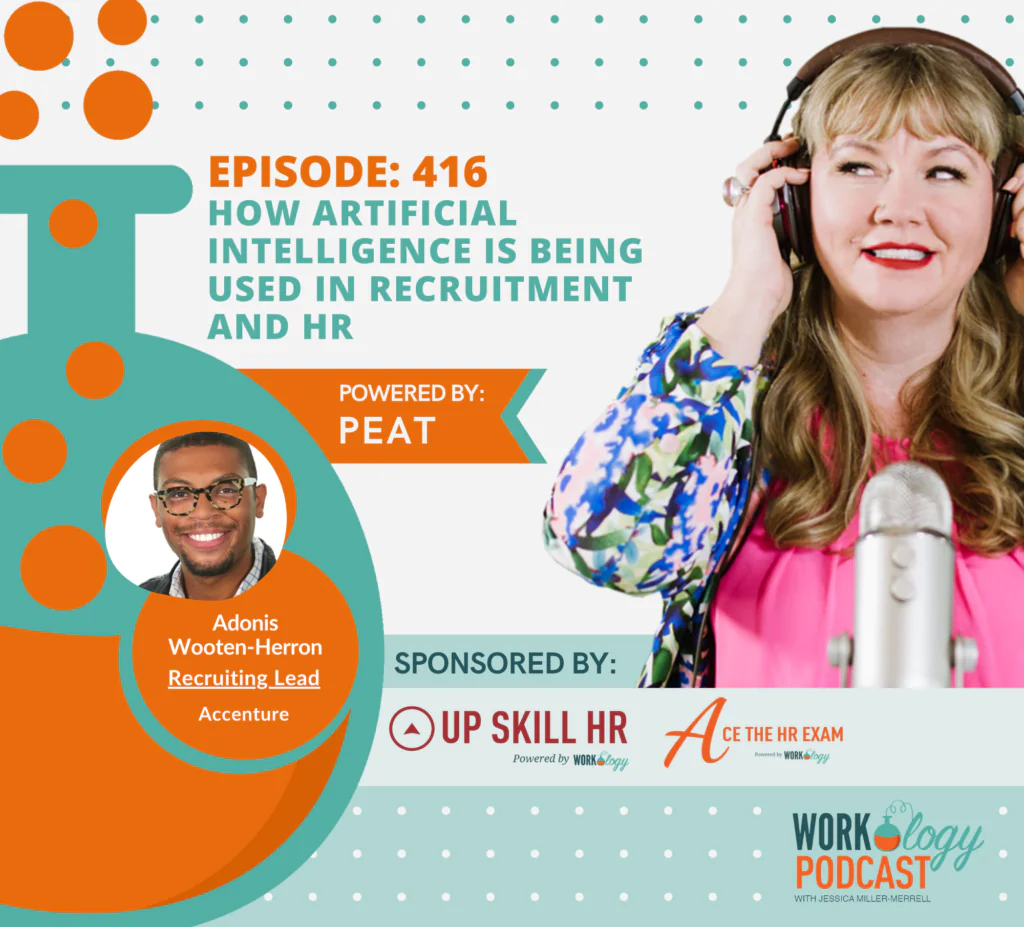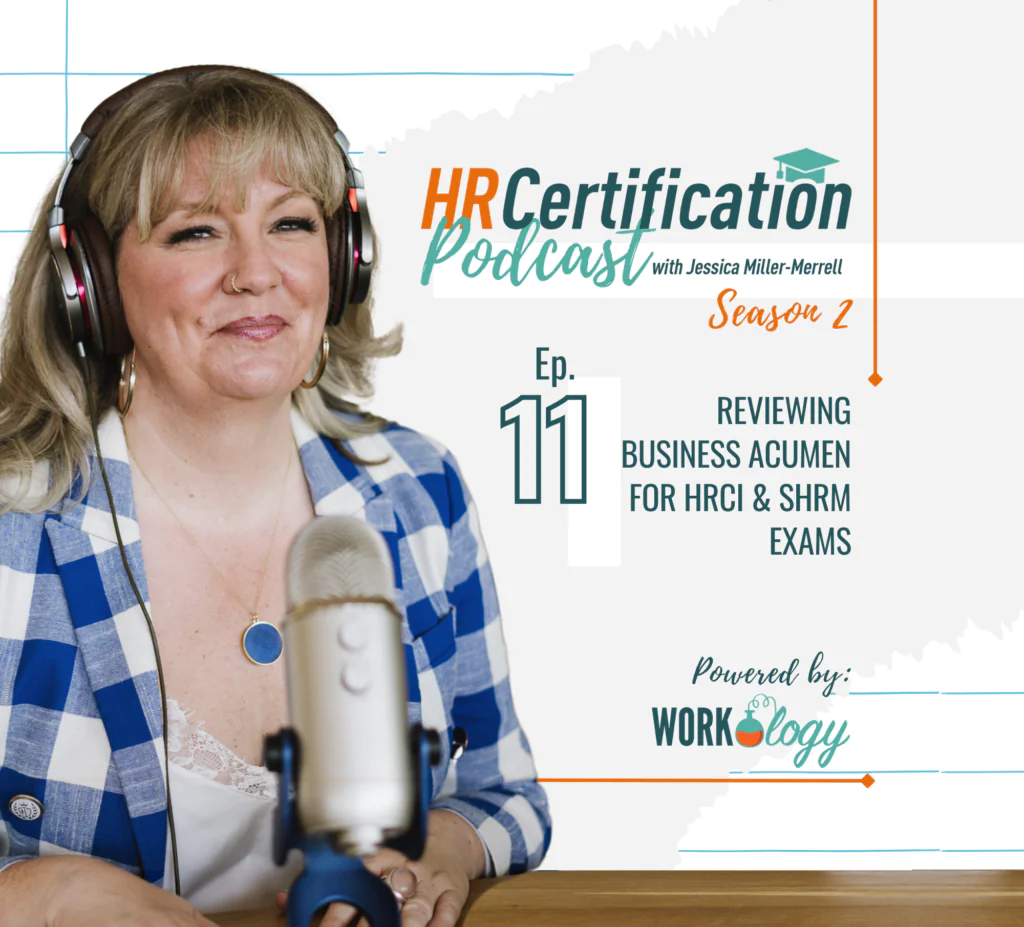Despite the huge amount of effort organisations make to attract and hire the right people there are a surprising number who are ‘square pegs’ in ’round holes’.
How many times have you been into a store and been served by someone who is just not that interested? Contrast that experience with being served by someone who is hugely engaged and clearly loves what they do. It makes a huge difference doesn’t it? Being in the wrong job can be soul destroying for the individual. For the company they are working for it means reduced productivity, lower engagement and a potentially negative effect on customer service.
So how do organisations find and keep employees who are in their element doing their job? The simple answer is to hire people on the basis of their strengths (what they are really good at and love to do) as well as just competencies (what they can do). Most companies hire on competencies alone. The problem with that is that just because someone can do something doesn’t mean that they really want to do it. So hiring on competencies never produces consistently high performance. When people love what they do they perform better, have more energy for their work, are more engaged and stay longer.
Hiring on the basis of strengths makes sense and has been proven to be successful. Yet most organisations remain stuck in their old ways and haven’t embraced it yet. The financial sector is ahead of the game. Standard Chartered Bank, Aviva and Norwich Union have all been using strengths based approaches to recruitment for several years. There are some companies in the retail and services sector too that are reaping the benefits and that others could learn from. Having employees who love what they do and have natural strengths in the role has such a direct and immediate impact on customers.
McDonald’s have embraced the approach and test “what candidates do naturally”, such as whether they have a natural preference for working with customers. Starbucks make a clear link between employees who love their jobs and customer satisfaction.
Hiring people on their strengths as well as their competencies is a no-brainer. And it does not meaning throwing out your current approach – it simply means adding an extra piece. It is like turbo boosting what you already do to make it work harder for you. And it doesn’t mean it will cost more either. There is some evidence that cost per hire reduces because there is less wastage at each stage of the process as you de-select unsuitable people much earlier and more easily.
The proven benefits to the organization of hiring on strengths are pretty compelling:
• Reduction in staff turnover
• Increase in productivity and engagement
• Opens up new talent pools
• Increase in positive feedback from candidates
• Increased diversity of applicants and recruits
It is not just the organisation that benefits from the strengths-based approach. The employee does too. The research shows that people who play to their strengths in their work:
• Are highly engaged
• Are happier and more confident
• Have higher levels of energy and vitality
• Experience less stress
• Are more resilient
• Are more likely to achieve their goals
• Are more effective at developing themselves and growing as individuals
• The teams they work in are more effective
What company wouldn’t want all that? And of course, the other major benefit is that relatively few organisations use strengths-based recruitment yet which means that if those who do have a real edge over their competitors!
Sally Bibb is an author and co-founder and director of the organisational development consultancy talentsmoothie. She can be contacted at [email protected] Click here to view the website http://www.talentsmoothie.com







One Comment
Having had many jobs in my life, I vividly recall that the ones requiring skills where my strengths lie stand out as the best jobs I’ve had. Not only that, but because I was naturally well taught or experienced in those areas, I was better able to contribute from my own knowledge base to the job. I do have one question though. Unless the applicant clearly states that the requirements of this job are either in their field of expertise or interest, how would an employer find out where an applicant’s strengths lie? Is there testing that could manifest that information. I don’t recall ever being tested that way to acquire a job.
Comments are closed.